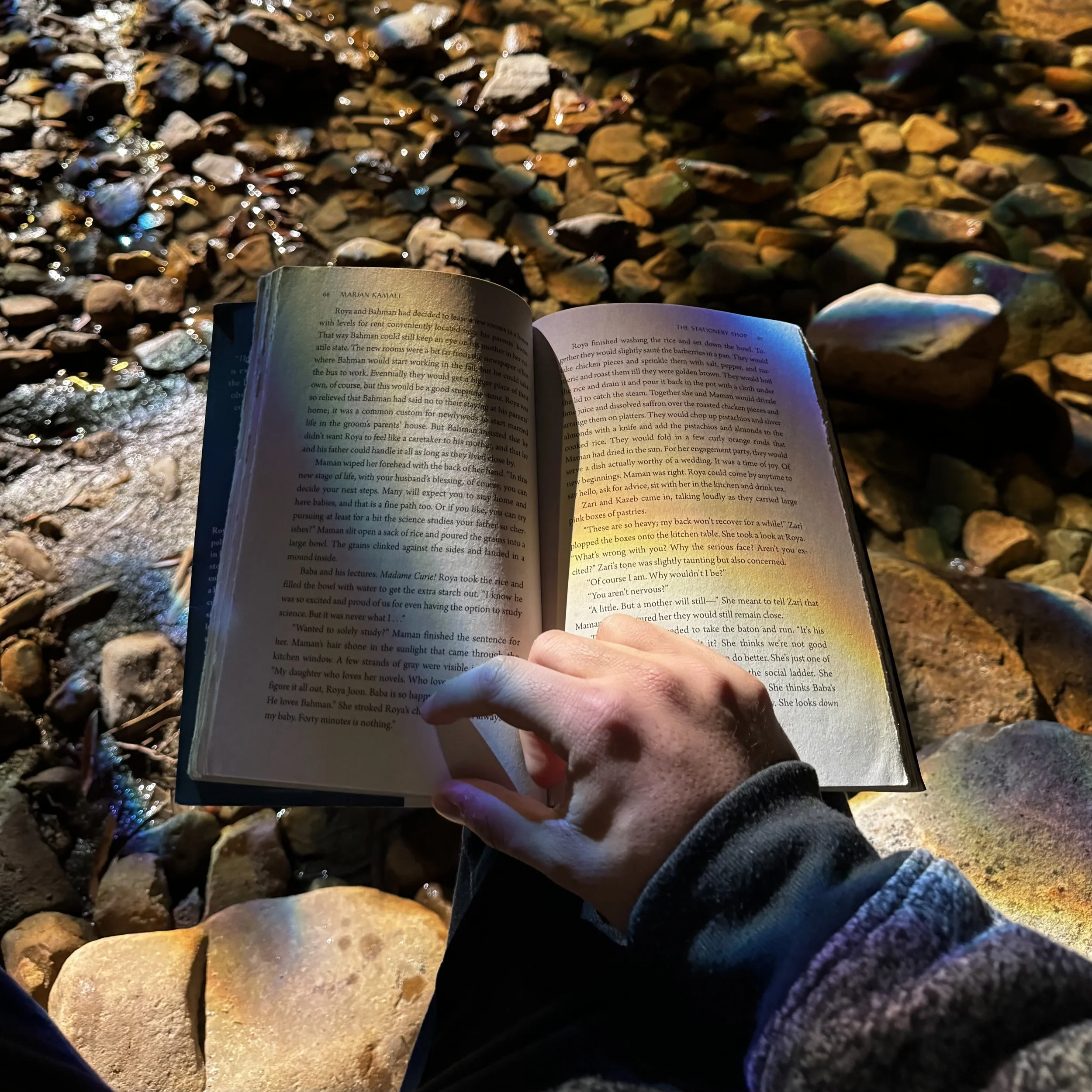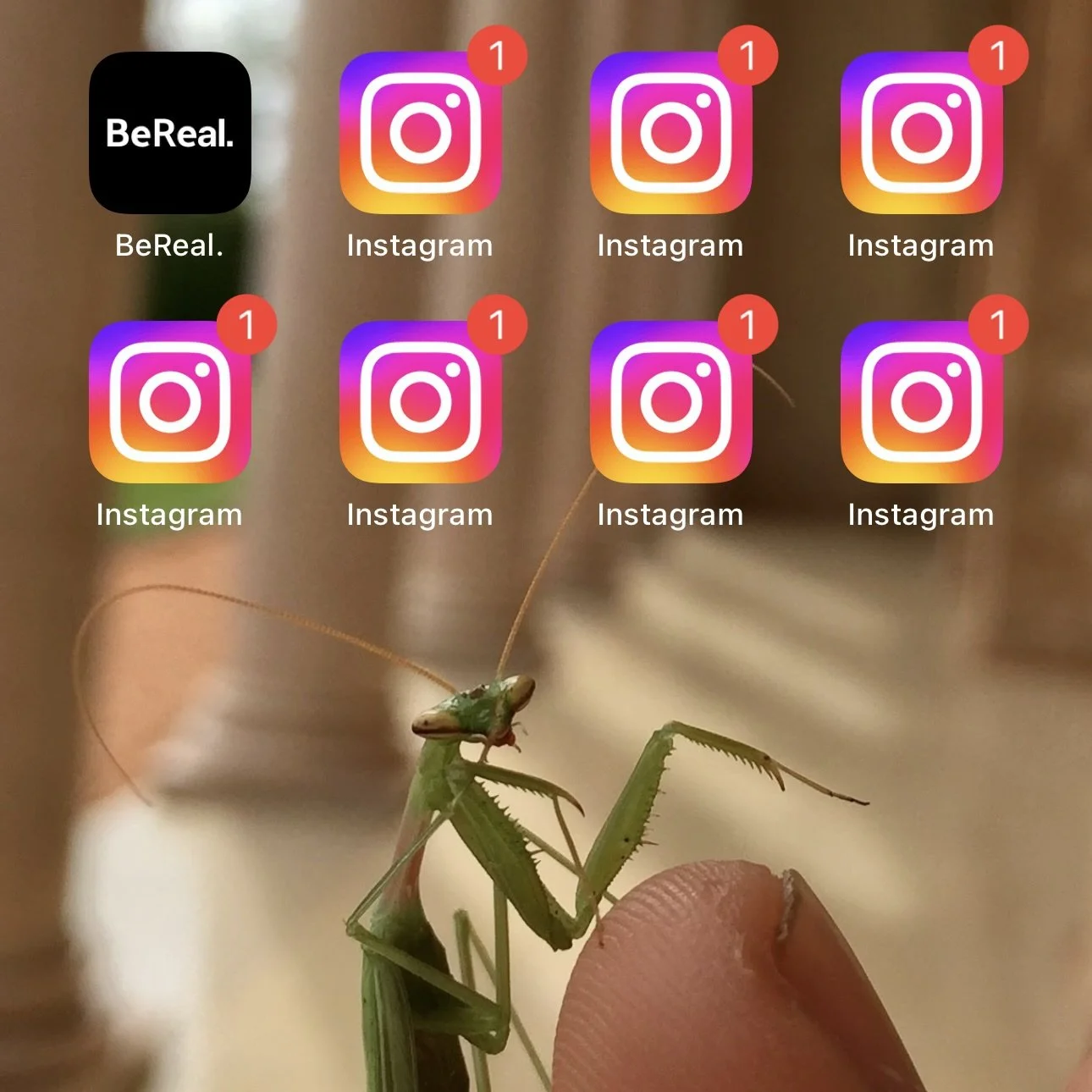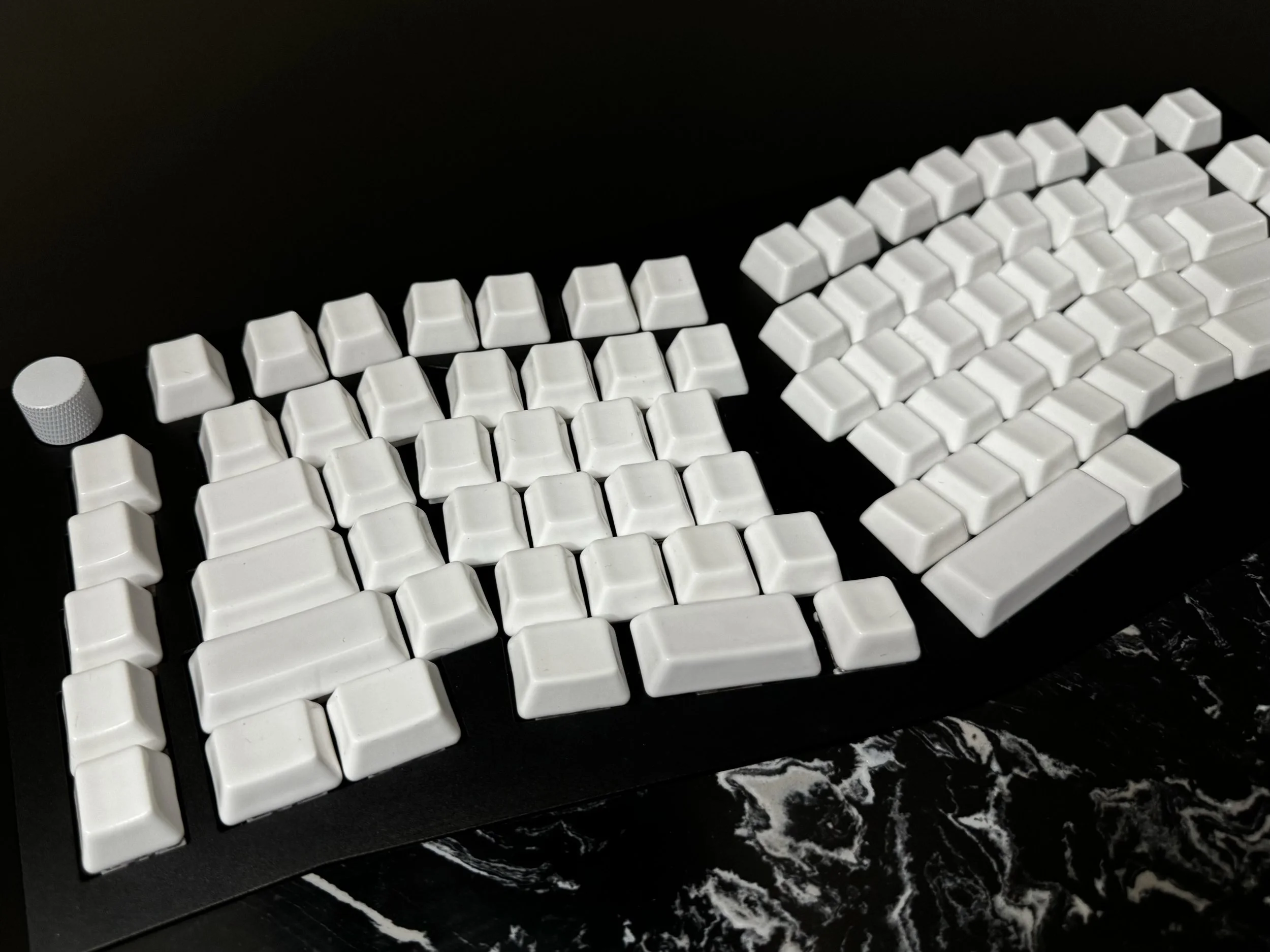Writing my Will and Testament and The Perils of Encryption
Audio Narrations of each article found on Apple Podcasts, Spotify, or wherever you get your Podcasts
I wrote my Will and Testament and you should too. Besides being a generally smart thing to do, having some sort of will can be mandatory in some countries and even a law in certain religions like my religion The Baha’i Faith. Regardless if you’re mandated to have one, I’m here to tell you that writing a will and testament isn’t that bad and can actually be kind of relaxing and cathartic.
I had written my first will and testament the weekend of my grandmother’s funeral. Despite everything about her funeral going smoothly thanks to my dad and my uncle, upon reflection, I wondered how an untimely death such as my own could affect those around me, especially if I didn’t write down my final wishes. As I typed out my will on a locked note in the notes app, I contemplated the purpose of such a document. Obviously, there was the aspect of the allocation of my material possessions but that hadn’t compelled me to write my will since at the time my material possessions were pretty minimal. I was much more focused on the lasting impact and assistance my will could provide in my absence. There was something oddly reassuring making sure that my will, for all intents and purposes my last official act in this world, was there to help my loved ones in my absence.
The types of items I included in my will
Before I get into these included items I wanted to be upfront that I won’t be getting into the proper ways to ensure that your material wealth is taken care of after your passing. I don’t have the expertise nor the knowledge of what laws in what region apply to make this official (on that note here are links to resources that could be used as a starting point). I will only be talking about items I included in regard to the relaxing and cathartic nature of putting together my final document.
A Testament to my Faith as a Baha’i: One of the most beautiful things about my grandmother’s will (which she printed on an old-fashioned scroll) was her statement regarding being a member of the Baha’i Faith. For anyone who knows me, I am a Baha’i and always will be. Including this in the first sentences of my will felt like putting a seal on my life, making sure that despite not being perfect, I have tried my best to live in accordance with the Laws of the Baha’i Faith that has given me more than I could have possibly have asked for.
Allocating money towards funeral expenses: This isn’t possible for everyone but having a portion of my material possessions going towards lessening the financial burden on my family felt right.
Notes to loved ones: When writing notes to the people I care about I tried not to write anything along the lines of “what I wish I told you” because I don’t plan on going anywhere anytime soon, and I’m trying to live my life being open and expressing my thoughts and feelings with everyone. Instead, I wrote final bits of reassurance and how those individuals impacted my life. This may sound sad but I find it awesome that a final will has portions dedicated to those I love.
Miscellaneous Items: Writing down items such as your favorite color, what types of flowers you liked, or even your favorite songs can be helpful to those planning on how to celebrate your life. During stressful times, remembering even some basic details can be difficult, and having the basics written down can help bring about family unity.
The Perils of Encryption
Finally, the most important part of having a Will and Testament is having it be accessible to those around you during your inevitable passing. My Will and Testament was on a Locked Note in the Notes App on my phone. I did this because although I knew eventually someone would be reading my will, I didn’t want someone to read it while I was still alive (how embarrassing). So I did what most people would do and locked my note and forgot about it. Years later I wanted to update my Will and realized that I forgot the password to my locked note. Locked Notes in Apple Notes uses a different password than other passwords in the Apple Ecosystem, so common passwords like my phone password or my iCloud password wouldn’t work. While you might think you could reset your Locked Note password this isn’t practically possible with Locked Notes. In the event of a password reset, my new Locked Notes password would only apply to Locked Notes made after the reset, not the actual note I’m trying to get into. This means that if you forget your Locked Note Password your notes cannot be recovered even by Apple. All the work I had put into my Will and Testament was meaningless without a method to get back into the note. If I couldn’t get into my own Locked Note imagine my family trying to access my will during a time-sensitive situation like a funeral. Thankfully I eventually remembered what my password was and was able to regain access to my own Will and Testament.
Locked Notes and other forms of encryption while great at keeping your data private, are not so great in terms of accessibility. That’s the trade you make, in end-to-end encryption you are the only one with the keys. If you were to compare my digital data to important documents being stored in a physical storage unit, with end-to-end encryption even the owners of the storage unit (in my case Apple) don’t have the key to get past the encrypted lock. Overall though, I do think having access to end-to-end encryption wonderful but I’d argue that the majority of people reading this don’t really need to ever use end-to-end encryption. To continue my metaphor, during the event of power failure or emergency, you want to be able to open a lock and access the documents behind the door, that’s called fail-safe. If during an emergency a door is designed to remain locked even when no power remains, that’s fail-secure. For our important data (such as pictures, messages, and yes wills) we want to be able to access them during emergencies because losing the data completely is worse than having it be as secure as possible. For backing up data it is recommended to have 3 backups: one on-site, one off-site, and one in the cloud. This is analogous to having access to your will for those around you. One should be in your dwelling in a safe place, another should be given to a trusted 3rd party like a lawyer (make sure to date your copies), again this isn’t legal advice or anything I’m just speaking from experience from someone who went for the fully encrypted route and nearly paid for it.
Final Thoughts
Bringing about Unity and making life easier for those around me of is the common theme behind the various items I included in my will. Funerals are emotional, it is my hope that by planning ahead I’m able to lessen the burden I have on those around me and remove any ambiguity about what should happen after I’m gone. Wills might seem morbid but at the end of the day having some instructions on what to do after your inevitable passing is better than having no instructions at all, and to me that’s reassuring.






